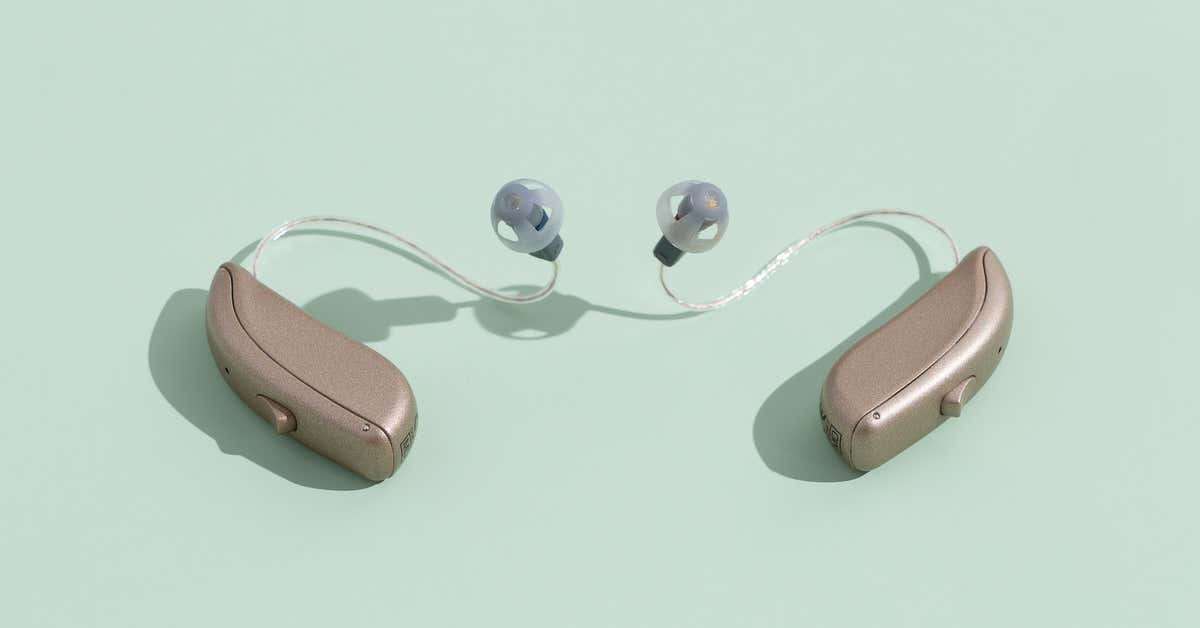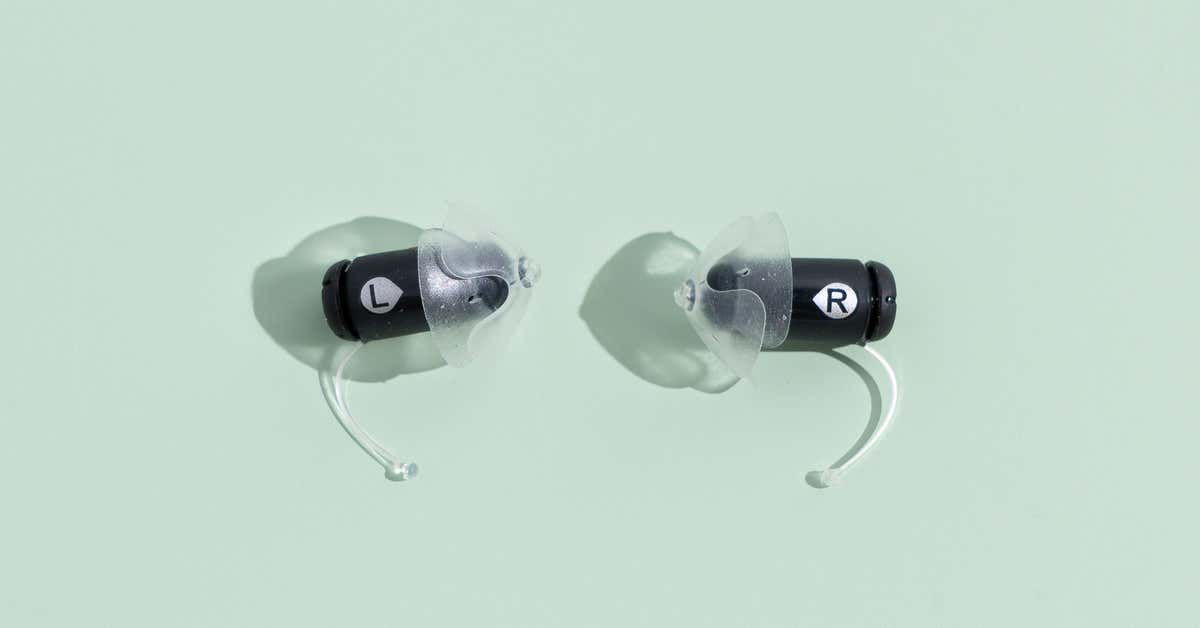Hearing loss is a common issue that affects millions of individuals worldwide. With advancements in technology, the availability of effective solutions has greatly expanded, and over-the-counter (OTC) hearing aids have emerged as a viable option for those seeking relief from hearing difficulties without the need for a prescription or a trip to an audiologist. This article delves into the best OTC hearing aids, providing thorough insights into their features, benefits, and considerations, making it easier for readers to make informed decisions.

best over the counter hearing aid
Understanding Over-the-Counter Hearing Aids
Over-the-counter hearing aids are designed for adults with perceived mild to moderate hearing loss. The recent push for OTC devices stems from a desire to make hearing assistance more accessible and affordable. These aids are sold directly to consumers without a medical evaluation, making them a convenient alternative for those who may hesitate to seek professional help.

best over the counter hearing aid
Key Features of Over-the-Counter Hearing Aids
- User-Friendly Design: The best OTC hearing aids are designed with ease of use in mind. Many models come with intuitive interfaces and smartphone apps that allow users to adjust settings easily.
- Affordability: One of the primary benefits of OTC hearing aids is their cost-effectiveness. Traditional hearing aids can be extremely expensive, often costing thousands of dollars. OTC alternatives aim to provide similar relief at a fraction of the price, making them accessible to a broader audience.
- Customization Options: Many OTC hearing aids come equipped with sound amplification settings that can be customized to cater to an individual’s specific hearing needs. This is crucial for users who may have varying levels of hearing difficulty in different environments.
How to Choose the Best OTC Hearing Aid
Selecting the right OTC hearing aid involves considering several factors. Here’s a detailed guide to help users make the best choice.
1. Evaluate Your Hearing Needs
Before purchasing an OTC hearing aid, assess your specific hearing challenges. Understanding whether you experience difficulty in certain environments—such as crowded places or quiet rooms—can guide your selection process.
2. Consider Comfort and Fit
Comfort is essential for any hearing aid. Different styles—such as behind-the-ear (BTE), in-the-ear (ITE), or completely in canal (CIC)—provide various levels of comfort and discreetness. Trying different models to see what feels best can make a significant difference.
3. Check Battery Life and Maintenance
Battery life varies significantly among OTC hearing aids. Some devices use disposable batteries, while others are rechargeable. Consider the maintenance required and whether you prefer the convenience of rechargeable options.
4. Read Reviews and Ratings
Consumer feedback is invaluable when selecting a product. Reading reviews and ratings from actual users of OTC hearing aids can provide insight into their performance, reliability, and overall satisfaction.
5. Warranty and Return Policy
Since these devices are an investment, consider the warranty and return policy offered by the manufacturer. A generous return policy allows users to test the hearing aids risk-free, ensuring they can find the right model for their needs.
The Best OTC Hearing Aids on the Market
Now that we’ve explored how to choose a hearing aid, let’s look at some of the best options currently available on the market.
1. Eargo 6
The Eargo 6 is a leading OTC hearing aid known for its innovative design and advanced features. Key highlights include:
- Rechargeable Batteries: Users can enjoy up to 16 hours of use on a single charge, eliminating the hassle of replacing batteries.
- Discreet Design: The Eargo 6 fits comfortably and discreetly inside the ear canal, making it virtually invisible.
2. Jabra Enhance Plus
The Jabra Enhance Plus is another noteworthy option that combines cutting-edge technology with user-centric design:
- Sound Quality: This hearing aid utilizes advanced algorithms to enhance speech clarity, particularly in noisy environments.
- Connectivity: Users can connect the device to their smartphones via Bluetooth for seamless audio streaming.
3. Lexie B1
The Lexie B1 is designed specifically for budget-conscious consumers looking for a reliable solution:
- Customizability: It allows users to adjust sound settings through a mobile app, tailoring their experience to different environments.
- Affordability: Priced competitively, the Lexie B1 provides essential features without breaking the bank.
Benefits of Using Over-the-Counter Hearing Aids
The rise of OTC hearing aids brings numerous benefits to consumers, many of which extend beyond mere convenience.
1. Increased Accessibility
OTC hearing aids democratize access to hearing solutions, allowing many people who would otherwise forgo assistance due to cost or convenience to effectively address their hearing loss.
2. Empowerment through Technology
Today’s OTC hearing aids are equipped with advanced features and technology that empower users to take control of their hearing health. From customizable settings to user-friendly apps, these devices put the power in the hands of the individual.
3. Reduced Stigma
By making hearing aids more affordable and accessible, OTC devices help reduce the stigma often associated with wearing hearing aids. A more approachable design and availability can encourage more individuals to seek help.
https://www.youtube.com/watch?v=
Frequently Asked Questions (FAQs)
- What is the difference between OTC hearing aids and traditional hearing aids? OTC hearing aids are available directly to consumers without a prescription, while traditional hearing aids require an audiologist’s evaluation and typically involve a more extensive fitting process.
- Are over-the-counter hearing aids effective for severe hearing loss? No, OTC hearing aids are generally designed for individuals with mild to moderate hearing loss. Those with severe hearing loss should consult a healthcare professional.
- Is a prescription required for over-the-counter hearing aids? No, OTC hearing aids can be purchased without a prescription.
- Can I return an OTC hearing aid if it doesn’t work for me? Many manufacturers offer return policies, allowing consumers to try the devices first. However, it’s essential to check individual policies before purchasing.
- How do I maintain my OTC hearing aids? Maintenance typically involves regular cleaning, replacing ear tips, and ensuring they are charged or have fresh batteries. Users should follow the care instructions supplied with the device.
- Can I use OTC hearing aids with my smartphone? Many modern OTC hearing aids, such as the Jabra Enhance Plus, come equipped with Bluetooth connectivity, allowing users to stream music and phone calls directly from their smartphones.
- What should I do if I experience discomfort with my OTC hearing aid? If discomfort persists, it’s advisable to try adjusting its fit. If the problem continues, consider consulting a healthcare professional.
Conclusion
Navigating the world of hearing aids can be daunting, but with the emergence of the best over-the-counter hearing aids, individuals have more choices than ever before. With considerations for customization, comfort, and budget, finding the right OTC hearing aid has never been more accessible. As hearing health plays a significant role in overall well-being, these innovations promise to enhance the quality of life for countless individuals, fostering communication and engagement in their everyday lives. By empowering yourself with information, you can confidently tackle hearing loss and embrace the benefits that come with improved hearing ability.